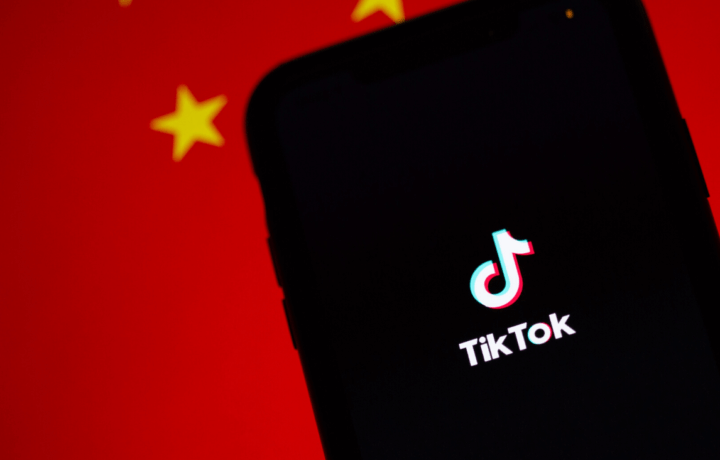In the first half of 2020, due to the pandemic life, a lack of jobs, schooling, and social activities seemingly led to a boom for TikTok. After creating a bit of a following, the last few weeks have been more like a trial for the Chinese-based app. After being booted out of India and facing threats of removal from the U.S., TikTok has tried to fight back. Maybe the political scene or the additional time on phones due to COVID-19 has increased the scrutiny surrounding the app, but it’s clear that they’ve been a known threat for a while. TikTok has created a “Dream Team” of lobbyists to fight this potential U.S. ban in order to keep the company running at full capacity in the U.S.
TikTok continues to say that user data is stored in the U.S., as well as at their backup data center facility in Singapore. Both data centers are allegedly out-of-reach for the Chinese government, according to TikTok. TikTok also pulled out of Hong Kong and published a “privacy roadmap” with both moves as part of their efforts to maintain U.S. trust in its commitment to keeping their data out of Chinese hands.
Ban on TikTok Gaining Steam in Government and Major Companies
However, despite their extra push, Secretary of State Mike Pompeo is still threatening to ban the app in the U.S., along with any other Chinese-owned apps. It remains unclear if lawmakers will have that option. However, even if the ban is not applicable to all, it can be applicable to some. In a recent bill, Sen. Josh Hawley, R-MO has included a TikTok ban for federal employees using the app on their work phones. The Pentagon has advised its employees to refrain from downloading the app. More surprisingly though is the messaging from companies like Amazon and Wells Fargo, who told their employees to refrain from using the app or uninstall it. Amazon later backtracked their TikTok parameters.
Senator Marco Rubio, R-Fla., acting chair of the Senate Intelligence Committee said, “It is no coincidence that every day more companies and organizations are asking employees to delete TikTok. TikTok has yet to provide a real explanation to Americans about how they protect their data and how much of it could be made available to the Chinese Communist Party.”
The White House may not be able to block the app; however, at a minimum, congress could restrict federal agencies, the military, and cleared contractors from using the app. Back in March, the House passed the ban for Transportation Security Administration (TSA) employees.
TIKTOK Argues that the App is Safe, but Others Disagree
A decision by the United States is inevitably looming and one thing for sure is that TikTok is working night and day to ensure that they’re eligible to operate in the U.S. Whether TikTok’s efforts are genuine and not associated with China remains to be seen, but it is clear that the app’s association with China makes it a primary target for disinformation and rightfully makes governments uneasy about unleashing the app to its citizens. A former staff member on the Senate Intelligence Committee argues that “while Russia did not own or control the U.S. platforms it exploited, its trolls were still able to create and leverage fake accounts to spread disinformation and sow chaos. It’s not difficult to imagine what another foreign adversary, China, could do with a massive social media platform under its thumb.”
Disinformation wars aside, the goldmine of data that TikTok has on hand about countless young people in the U.S. – potentially sons and daughters of government employees or national security officials is enough to make many intelligence experts nervous about the leverage that that could give China. And while TikTok has been taking the heat on the forefront, who knows what other Chinese apps are building steam in the background. Bottom line for the cleared employee: be very cautious about what apps you or your family members put on your phones. There could be a spy in your pocket.




